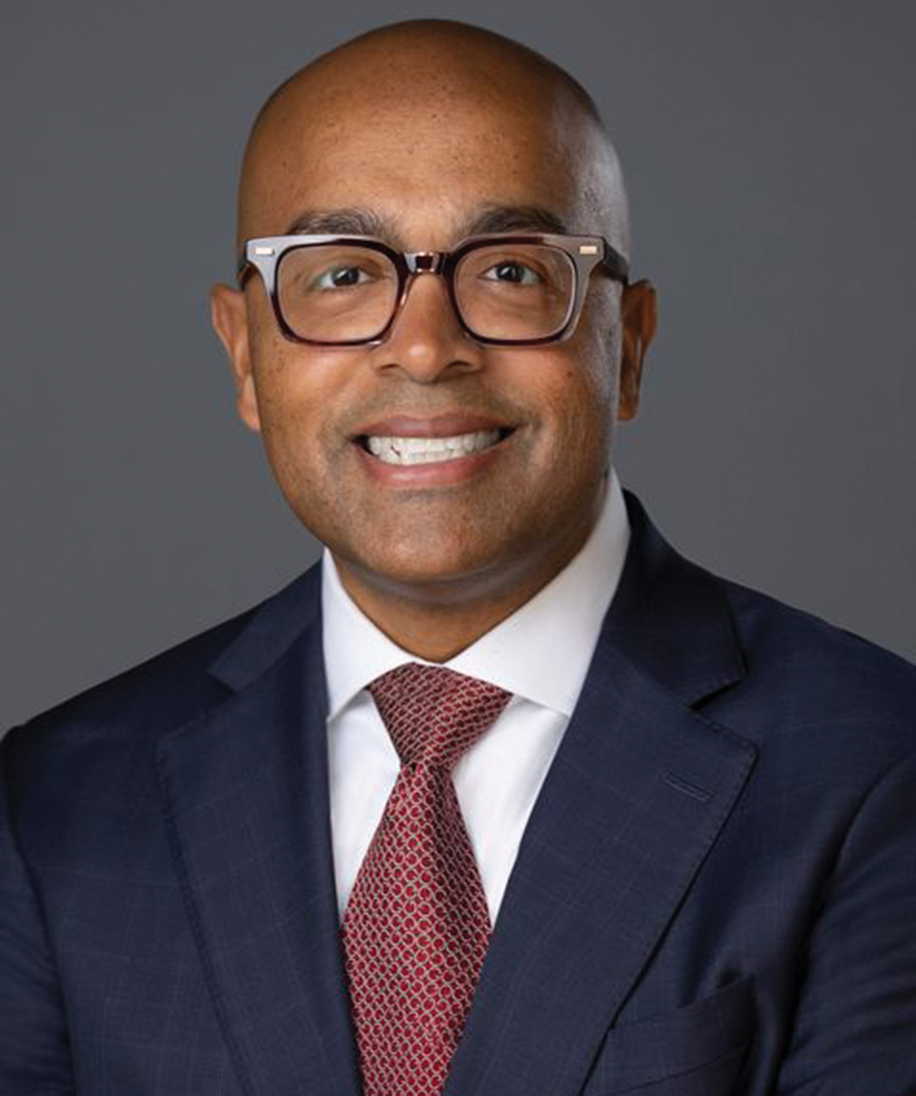Client Alert
As Enforcement Against Hoarding and Price Gouging Escalates Amidst the COVID-19 Crisis, What Corporate Compliance Can Do
April 28, 2020
By Kwame J. Manley, Jane H. Yoon & Janice Lee
As the global pandemic continues, medical supplies critical to the COVID-19 response have become increasingly scarce. In response to this crisis, on March 23, 2020, President Trump signed Executive Order 13910 (the “Order”), aimed at preventing price gouging and the hoarding of medically necessary resources in the United States. The Order, issued pursuant to the Defense Production Act of 1950 (“the Act”), delegates to the Department of Health and Human Services (“HHS”) the authority to designate any material as a scarce or threatened material (“Designated Materials”). Pursuant to the Order, HHS issued a Notice on March 25, 2020, designating certain Designated Materials, including respirators, face masks, ventilators, sanitizing and disinfecting, and other personal protective equipment (“PPE”), as protected under the Act. The Act also allows for prosecution of persons who accumulate such Designated Materials in excess of reasonable demands of business, personal, or home consumption, or for the purpose of resale at prices in excess of prevailing market prices. Indeed, the Department of Justice (“DOJ”) recently announced the creation of a COVID-19 Hoarding and Price Gouging Task Force (the “Task Force”) to investigate and address hoarding and price gouging of such Designated Materials, and individual states have followed suit.
In the meantime, to respond to sudden shortages and otherwise mitigate the enormous impact of the pandemic, the pharmaceutical, health care, and tech industries, as well as numerous companies of all sizes across industries, are donating substantial funds, equipment, infrastructure, logistics, expertise, and transportation, as well as PPE and other supplies. Attorney General Barr has made clear that the DOJ would not pursue individuals stocking up on the necessities of daily life or businesses acquiring materials reasonably needed for their own use, nor would it “take action against the manufacturers or suppliers who are working with the government and with healthcare providers in an effort to combat [the COVID-19] crisis.” As enforcement of the Act and related state laws intensifies, however, companies, especially those whose businesses directly or indirectly intersect with the work of first-line responders, should ensure that their own employees understand the Act and the latest federal and state prohibitions against hoarding and price gouging, as well as review and implement procedures to promptly prevent, detect, and address any potential non-compliance by internal stakeholders and external partners.
To be sure, prosecutors are responding quickly to suspected hoarding and price gouging activity. On March 30, 2020, an individual was charged by criminal complaint in the District of New Jersey, where Craig Carpenito, the head of the Task Force, is U.S. Attorney. The defendant was charged with assaulting a federal officer and lying to federal agents in connection with allegations that he was hoarding (and price gouging with a 700% markup) Designated Materials—felony offenses that carry more severe criminal penalties than the misdemeanor offense of violating the Act, demonstrating, from the get-go, that prosecutors are determined to aggressively pursue these matters. The New Jersey case resulted in the seizure of mass quantities of Designated Materials, including 192,000 N95 respirator masks, 598,000 medical grade gloves, 130,000 surgical masks, procedure masks, N100 masks, surgical gowns, disinfectant towels, particulate filters, bottles of hand sanitizer, and bottles of spray disinfectant, which were reportedly distributed to health care providers within 48 hours of charges being filed.
On April 2, 2020, as these seized supplies were being sent to health care providers in New York and New Jersey, Peter Navarro, Defense Production Act Policy Coordinator and Assistant to the President, made clear that that the DOJ’s enforcement operation was “the first of many such investigations that are underway” and that “law enforcement agencies are tracking down every tip and lead they get, and are devoting massive federal resources to this effort. All individuals and companies hoarding any of these critical supplies, or selling them at well above market prices, are hereby warned they should turn them over to local authorities or the federal government now or risk prompt seizure by the federal government.” About a week later, agents from the Department of Homeland Security, in support of an investigation by the Eastern District of New York, obtained a federal search warrant in pursuit of a Manhattan pharmacist who allegedly hoarded $200,000 worth of Designated Materials. And last week, on April 24, 2020, a federal criminal case against another individual in the Eastern District of New York was filed.
Notably, DOJ enforcement is actively soliciting the assistance of health care providers in identifying and detecting suspected hoarding and price gouging activity. As recently as April 23, 2020, the DOJ held a teleconference with the American Hospital Association to ask hospitals and health systems for their assistance in uncovering illicit activity related to the COVID-19 health crisis. U.S. Attorneys across the country are making similar calls to hospitals and providers in their respective districts to help detect hoarding and gouging activities as well as other suspicious, potentially fraudulent activity around the pandemic.
Congress is paying attention as well, and calling for an expansion of these efforts. For example, on April 7, 2020, the House of Representatives introduced the COVID-19 Price Gouging Prevention Act (H.R. 6472), which would give additional enforcement powers to the Federal Trade Commission (“FTC”) and state attorneys general to prevent the sale of a good or service at an unconscionably excessive price for the duration of a public health emergency due to COVID-19. Additionally, Senator Jeanne Shaheen (D-NH), the lead Democrat of the Appropriations Subcommittee that oversees the Department of Justice (DOJ), called on Attorney General Barr to help coordinate the enforcement efforts of federal and state agencies. In a letter to Attorney General Barr, Senator Shaheen explained that coordination and support should be extended to “smaller United States Attorney’s Offices and Federal Bureau of Investigation Resident Agencies.”
In addition to the federal action taken, various states, including California, New York, and New Jersey, have enacted executive orders in response to the Order and state attorneys general have begun mirroring federal enforcement efforts, initiating investigations and other enforcement measures to curb the hoarding and price gouging of Designated Materials. The Attorney General of Ohio, for example, recently investigated and brought a lawsuit against an individual operating an online store who was selling N95 respirator masks for nearly 18 times the retail price. It appears that this is only the beginning of large-scale enforcement efforts at the federal and state level, and as enforcement and scrutiny intensify, stakeholders in this area should evaluate their supply chain and sales channels to ensure that their businesses do not run afoul of the Act or Order.
First, companies whose businesses intersect with health care providers, directly or indirectly, should quickly evaluate what and where, if any, the risk of non-compliance with the Order lies – e.g., from within their employee ranks, or perhaps, from contractors or third-party business partners?
Second, to the extent there exists a risk of diversion of Designated Materials, companies may want to review and reevaluate how, if at all, they are positioned to prevent and detect the type of misconduct that is the subject of the Act and Order, and better understand how the company’s key business partners are positioned to do the same.
Third, compliance teams can and should remain visible, and will want to assure employees that confidential reporting lines are open, in the event employees have matters to report.
Finally, compliance reminders regarding the company’s expectations for the ethical conduct of its employees and business partners and the company’s commitment to rooting out misconduct remain important. These messages not only reaffirm the company’s commitment to ethical behavior but also may encourage confidential reporting of potential misconduct and help to reassure and support employees, especially as employees continue to operate in virtual work environments.
Practice Areas
For More Information

